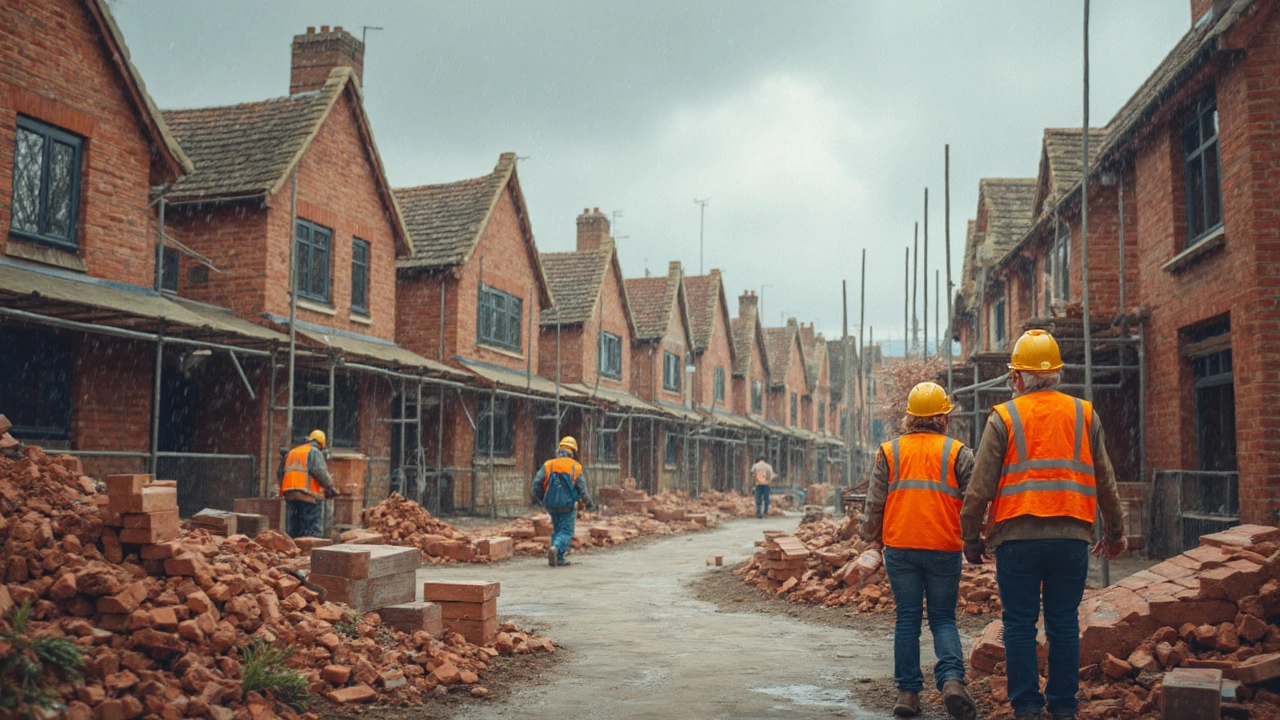House Cost: What You Need to Know Before Building or Buying
Thinking about a new home? The first question on everyone’s mind is the price tag. In the UK, a house isn’t just the price you see on the market – it’s the sum of land, materials, labour, permits and a handful of surprise costs that pop up later. This guide breaks down the biggest cost drivers so you can decide if building from scratch, buying an existing property, or extending your current home makes the most sense for your wallet.
Building vs Buying: Which Is Cheaper?
New‑build projects usually start at around £1,500‑£2,200 per square metre, depending on the quality of finishes and regional labour rates. Add the cost of land – which can be anything from £100‑£300 per square metre in the suburbs to over £600 in prime city sites – and you have a solid baseline. Buying a comparable home in the same area often lands you at a similar price per square metre, but you avoid the upfront construction risk and may get a faster move‑in date.
What many overlook is the “soft cost” of building: design fees, planning permission, utility connections and contingency buffers (usually 10‑15%). Those items can add £20,000‑£50,000 to a typical 150 m² build. When you compare that to buying, the price includes those invisible costs already, but you might inherit an older roof, outdated wiring or hidden subsidence issues that could cost a fortune to fix later.
Extra Expenses That Can Blow Your Budget
Even after the main construction or purchase price, several hidden expenses can bite. Foundation repairs are a common surprise – a crack wider than 5 mm may mean you need specialist cement or even underpinning, costing £5,000‑£30,000 depending on severity. If you live in an area prone to subsidence, make sure your insurance covers foundation problems; many policies exclude them unless you add a rider.
Extensions are another popular way to add space without moving. Under permitted development rules you can typically extend outwards up to 8 m for a detached house, but each metre can cost £2,000‑£4,000 for basic work, rising sharply with premium finishes. Don’t forget planning applications for larger projects – fees range from £200 to £1,500, plus possible impact fees from the local council.
Finally, factor in the cost of fittings and finishes. A dry‑fit kitchen saves you time and reduces waste, but you still need to budget for cabinets, appliances and labour – usually 15‑20% of the total renovation budget. Bathrooms, flooring, and landscaping add up quickly, especially if you aim for high‑end materials.
Bottom line: start with a realistic base cost (land + construction or purchase price), add 15‑20% for soft costs, and keep a separate contingency fund for foundation, insurance and finishing surprises. With a clear spreadsheet and a few expert quotes, you’ll see whether building, buying, or extending fits your budget best. Happy house hunting!

